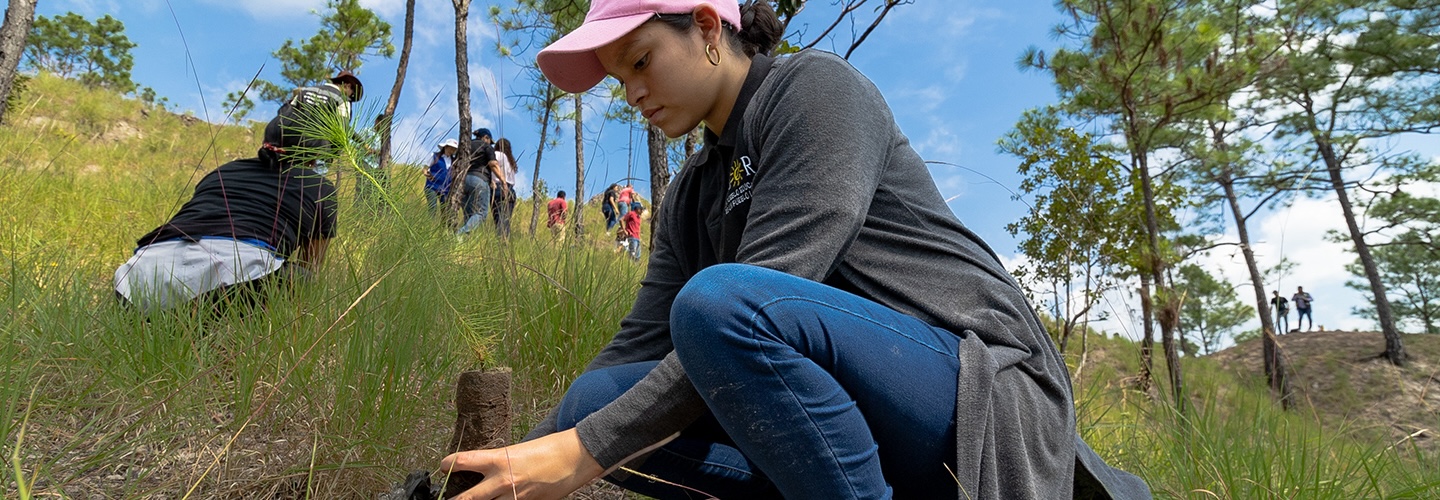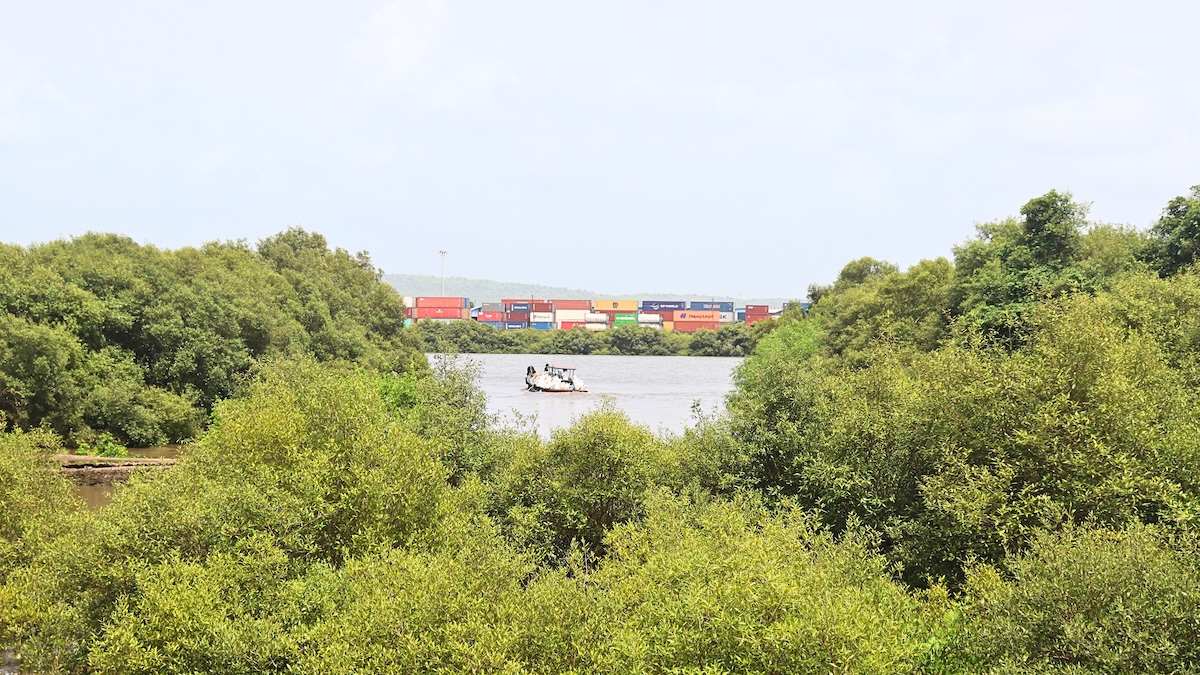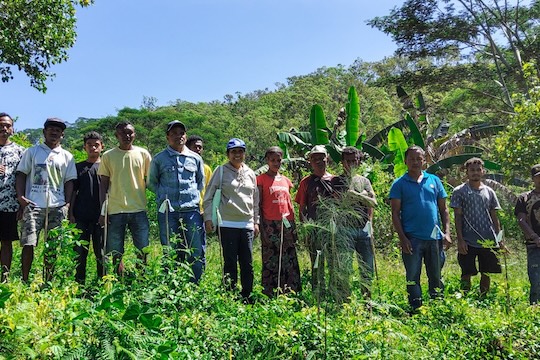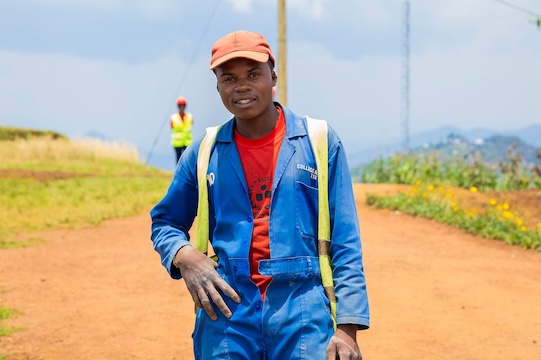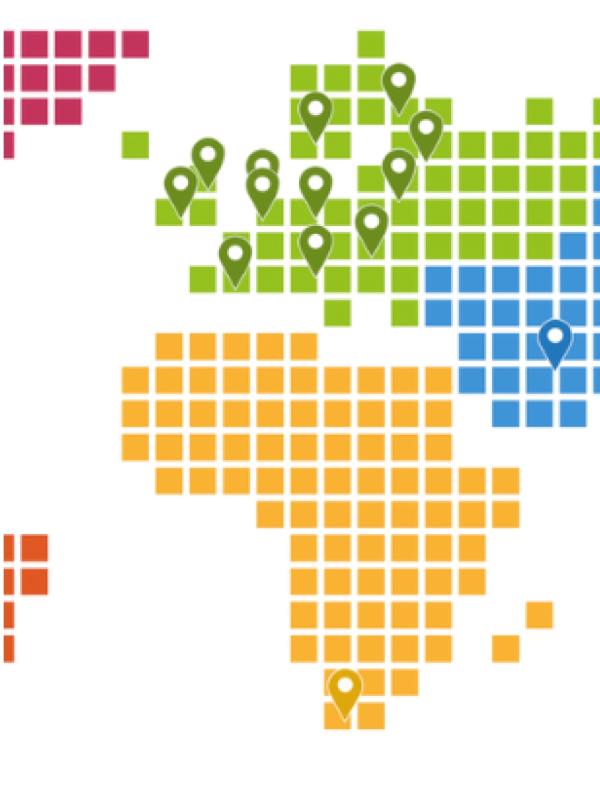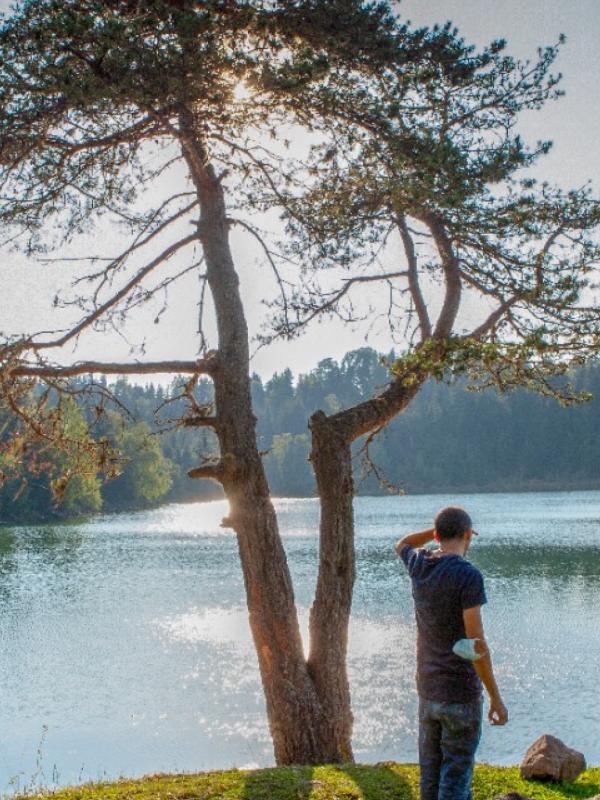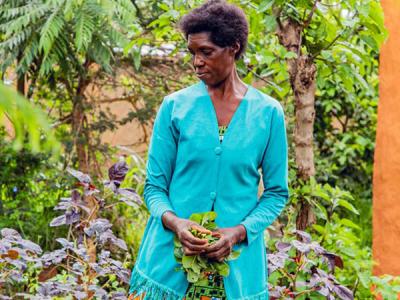The conservation, rehabilitation, and management of biodiversity and ecosystems increases resilience to climate change and has the potential to provide low-cost and long-term solutions to protect lives, livelihoods, and infrastructure, while advancing the achievement of multiple Sustainable Development Goals.
UNDP supports countries to integrate conservation and targeted restoration of natural ecosystems and degraded landscapes – such as mangrove forests, wetlands, and catchment forests – into an overarching strategy for ecosystem-based adaptation that provides protection against climate change threats, either as part of a hybrid adaptation strategy or as standalone measures. The main areas of work include enhanced management to safeguard ecosystem services; restoration of coastal wetlands to protect communities against storms; slope stabilization through agroforestry and natural forest regeneration; halting or reversing land degradation and desertification; promoting sustainable productive landscapes; and improving water resources management, as well as catalyzing finance from the private sector for ecosystem-based approaches in order to build socio-ecological resilience. Ecosystem-based adaptation is included within countries’ National Adaptation Plans, and cuts across multiple sectors with relevance for food and water security, among other societal needs.
Partnerships
The CivTech Alliance is a worldwide network of public, private, and third sector organizations working across civic and government technology to support and nurture an ecosystem for developing products and services which make citizens’ lives better.
BIOFIN was initiated ten years ago at the 11th Meeting of the Conference of the Parties to the Convention on Biological Diversity (COP11), by UNDP and the European Commission, in response to the urgent global need to divert more finance from all possible sources towards global and national biodiversity goals. Now present in 40 countries, BIOFIN is working with governments, civil-society, vulnerable communities, and the private sector to catalyze investments in nature. Investments that create jobs and opportunities for communities reeling from the impacts of COVID-19.
UN-REDD is the flagship UN knowledge and advisory partnership on forests and climate to reduce forest emissions and enhance forest carbon stocks. It is the largest international provider of REDD+ assistance, supporting its 65 partner countries to protect their forests and achieve their climate and sustainable development goals.
Friends of Ecosystem-Based Adaptation (FEBA) is a global collaborative network of more than 90 agencies and organizations involved in EbA working jointly to share experiences and knowledge, to improve the implementation of EbA related activities on the ground, and to have a stronger and more strategic learning and policy influence on EbA.

